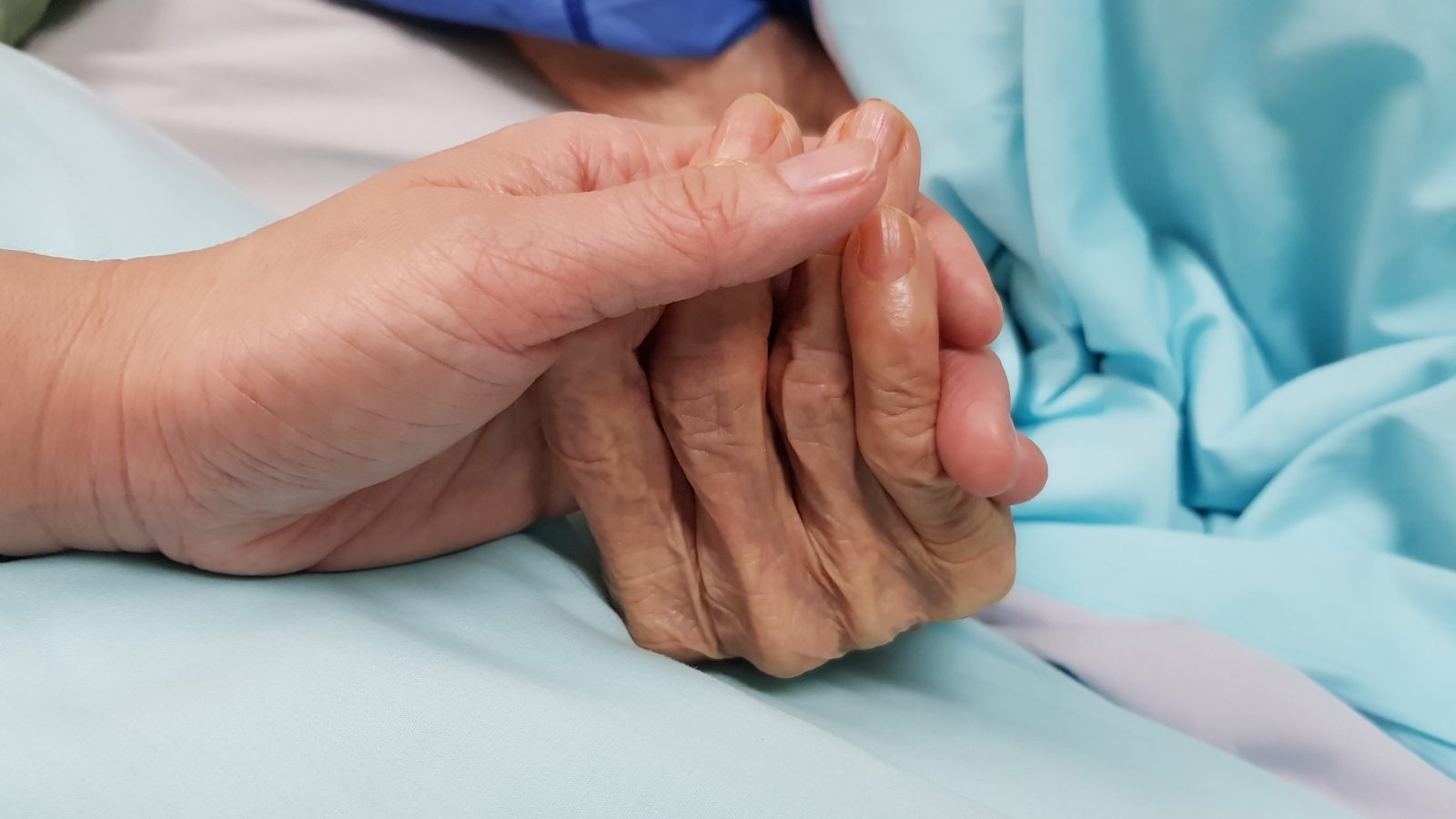
Protecting Dignity at the End of Life
Successful Supreme Court intervention legalising advance medical directives and advocating for a model end of life care law
Context
In 2015, India ranked 67th out of 80 countries in a Quality of Death Index released by The Economist Intelligence Unit, which compared palliative care services across countries. While the principal reason for India’s poor showing on this front is the lack of access to palliative care services – India’s shaky legal framework on end of life care has also proved to be a major stumbling block.
In many countries, withholding or withdrawing life-sustaining treatment from patients, who have refused consent to such treatment or in whom it is not considered potentially beneficial, is legal. In India, however, it was not until 2011, in Aruna Shanbaug v Union of India, that the Supreme Court confirmed that such withholding or withdrawal did not violate provisions of Indian criminal law.
Despite this decision, India has struggled to give effect to the rights to autonomy and dignity at the end of life. In this respect, Vidhi’s interventions in a Supreme Court petition which led to a 2018 judgment legalising advance medical directives – legal instruments that allow persons to refuse lifesustaining treatment at a time in the future when they might lose decision-making capacity – is a significant step forward.
In the last year Vidhi has continued to work with patients and healthcare workers to raise awareness about appropriate ethical and legal practices at the end of life, as well as advocate for a model end of life care law.
Vidhi’s work on ensuring dignity in end of life care
Vidhi’s work on end of life care spans judicial, legislative and capacity-building interventions.
- In 2014, Vidhi filed an intervention application in the Supreme Court of India in Common Cause v Union of India, in support of the main petition’s argument to legalise advance medical directives, providing information on best practices across other jurisdictions.
- Vidhi also responded to a bill published by the Ministry of Health and Family Welfare in 2016, critiquing its refusal to recognise advance medical directives, and identifying ethical principles to guide a legal framework on end of life care.
- Vidhi has since built on this work by working closely in collaboration with the End of Life Care in India Task Force (ELICIT) to:
- Develop, through a consultative process, a model legal framework on end of life care to recognise the autonomy of patients, remove legal uncertainty surrounding the withholding or withdrawal of life-sustaining treatment and provide safeguards against bad faith end of life care decisions.
- Conduct approximately 30 sessions with hospitals and medical professional associations across the country to educate them about legal and ethical issues at the end of life.
Impact
- The Supreme Court of India, in Common Cause v Union of India, took note of Vidhi’s submissions, and granted legal recognition to advance medical directives. People around the country now have the right to decide the kind of life-sustaining treatment they receive at the end of life.
- Hospitals, including the All India Institute of Medical Sciences (AIIMS), New Delhi and the Manipal Group of Hospitals used the expertise of Vidhi and ELICIT to frame end of life care policies for their institutions. This has instilled confidence in medical professionals to take ethical end of life care decisions. The AIIMS policy also recognises, for the first time, that persons who have a relationship in the nature of a spouse or friends of long standing can act as surrogate decision-makers for those who may have lost decision-making capacity.
- The Indian Council of Medical Research (ICMR) appointed Dr Dhvani Mehta, co-founder, Vidhi Centre for Legal Policy, to their expert group on Do Not Attempt Resuscitation. The group has framed the first of its kind guidelines in India to guide medical professionals on withholding cardiopulmonary resuscitation when its harms are likely to outweigh the benefits.
- Vidhi continues to engage with this issue in the Supreme Court and has drafted an application for clarification on behalf of the Indian Society of Critical Care Medicine to modify the guidelines laid down by the Court for withholding/withdrawing life-sustaining treatment. The Court, on the basis of this application, has directed the Ministry of Health and Family Welfare, to conduct a meeting with all relevant stakeholders to discuss the issue.
‘Your inputs for the ICMR document on definitions on EOL (End of Life) Care and Palliative Care have been very important and will go a long way in ensuring that we understand the various definitions and that there will be consistency. Further, the ELICIT work (End of Life Care India Task Force) where you have been preparing our response to the Supreme Court, will be very crucial if the concept of ADs (advance directives) is to be accepted. Society must be thankful to you and Vidhi for all this.’
Nagesh Simha, Medical Director, Karunashraya, and member of the steering committee of the End of Life Care in India Task Force